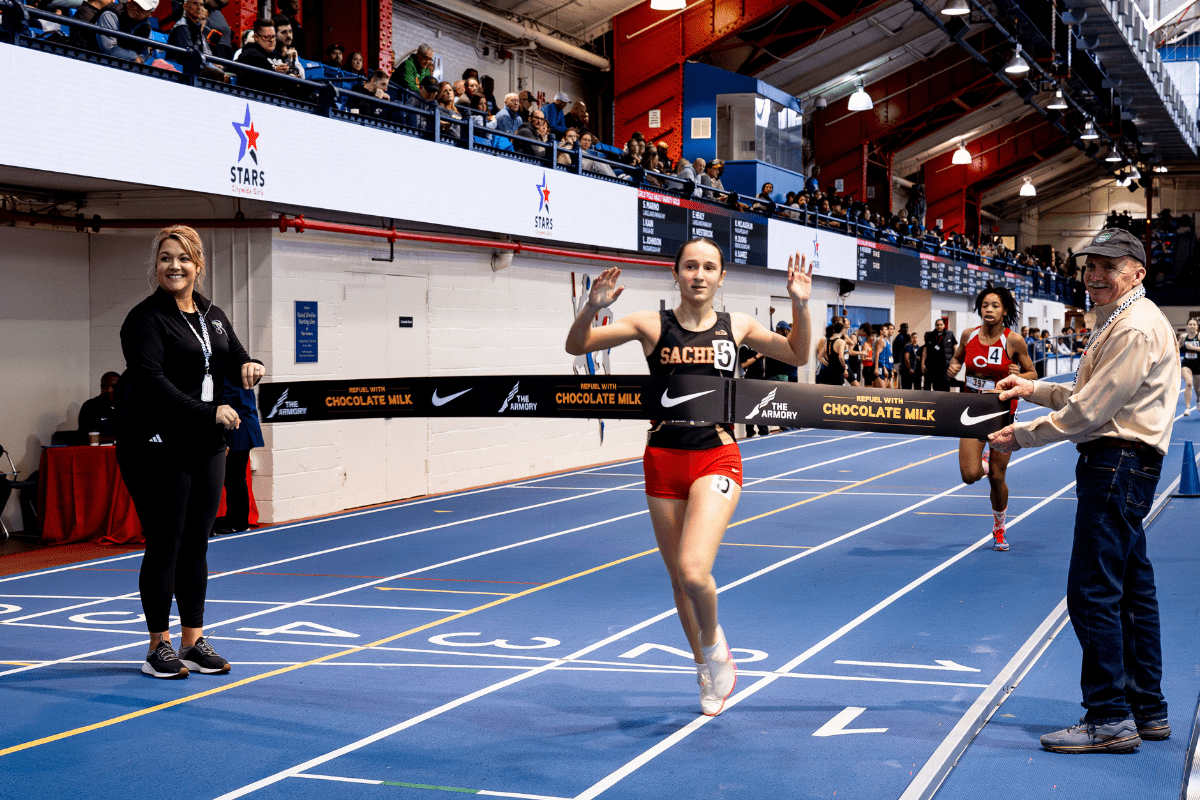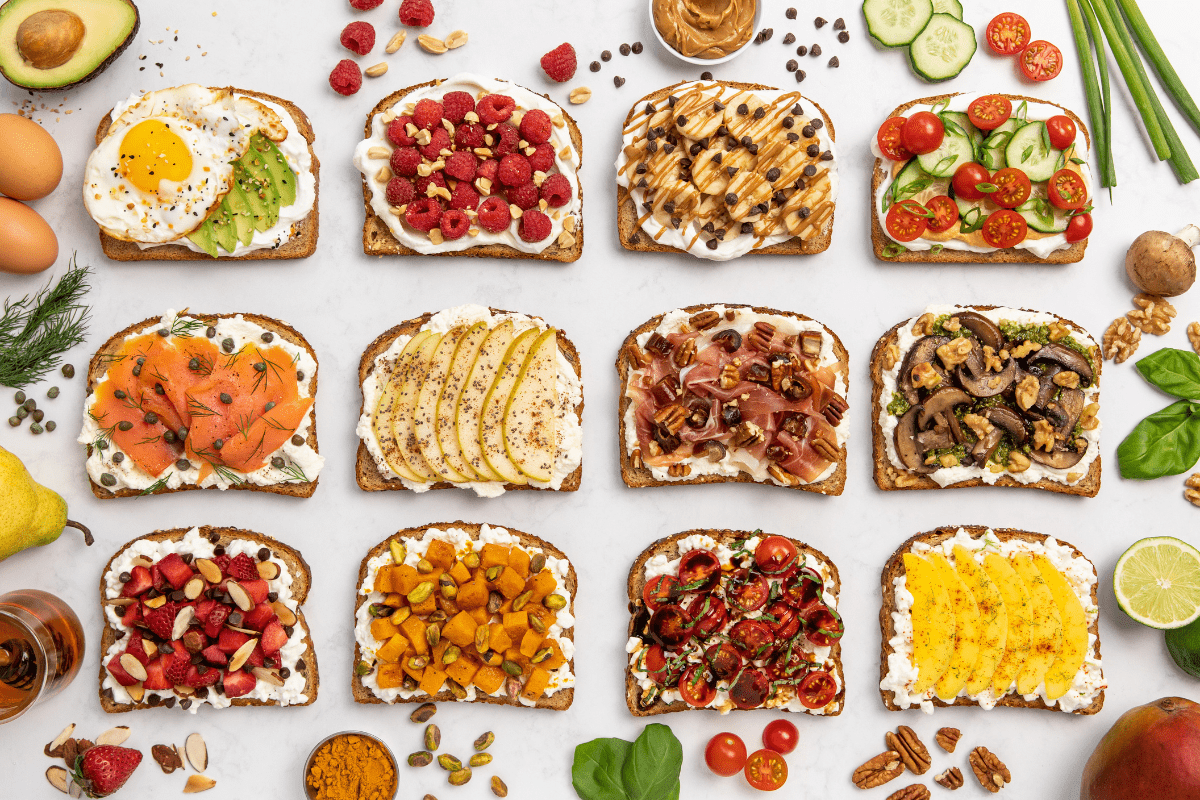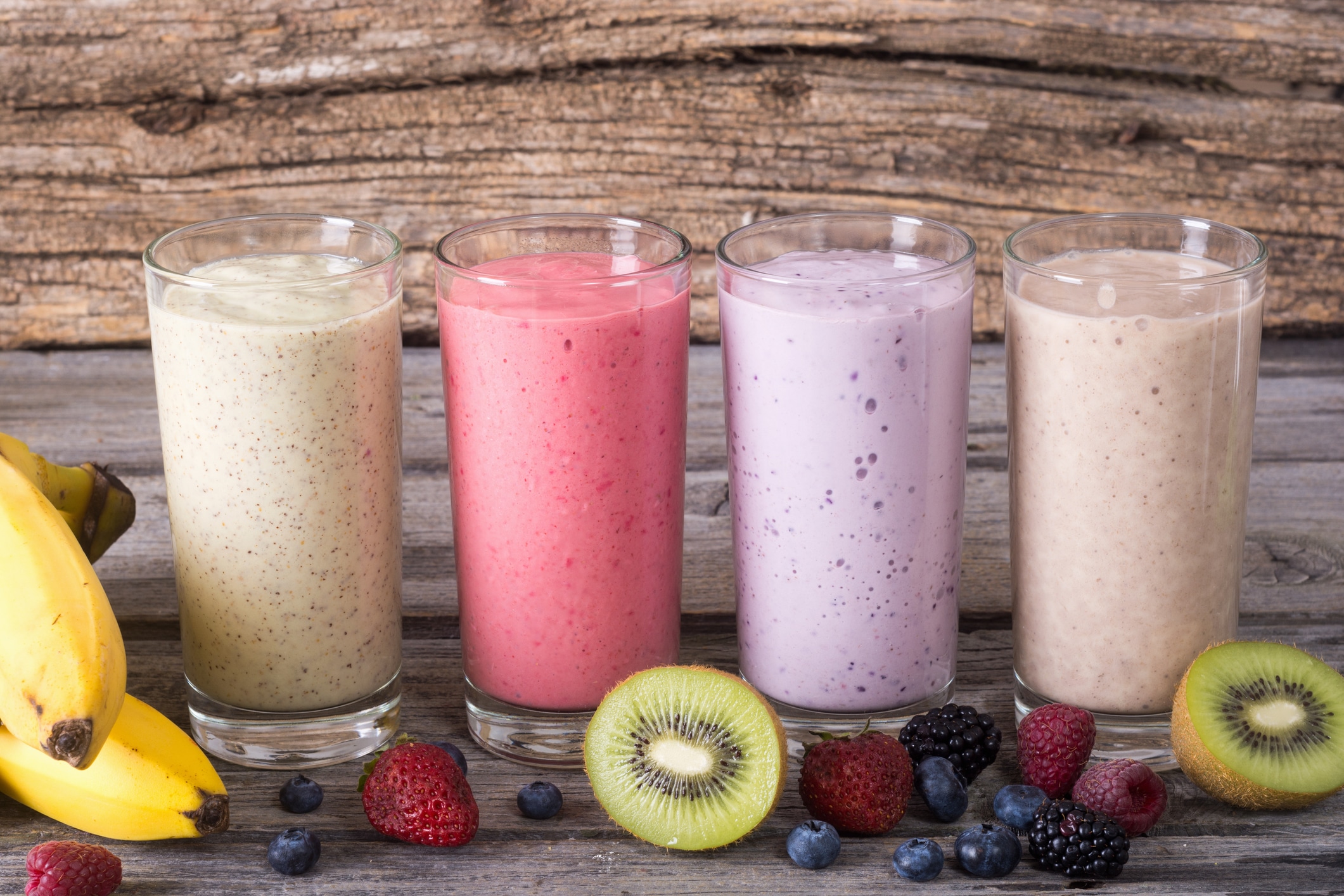If you play sports, or are involved with an athlete that does, chances are you know someone who has experienced a sports-related concussion. Maybe you’ve even experienced one yourself. An estimated 3.8 million sports-related concussions occur each year, with up to 1.9 million occurring in in children and teens [1].
Sports-related concussion awareness is higher now than ever before, leading to improvements in equipment and policies for concussion prevention, as well as better diagnosis and treatments for when they do occur. Current research is looking into strategies like rest, physical therapy, and even nutrition to help individuals recover from concussions [2,3].
What is a concussion?
A concussion is a mild traumatic brain injury caused from a hit, impact or whiplash that disrupts normal brain function.
Just like when other parts of our body are injured and benefit from nutrition to help it heal, the same is thought to be true for the brain. Limited research has been done to identify specific nutrients, however, the current recommendations encourage maintaining a healthy, balanced diet to ensure your body has the nutrients it needs to heal.
Click here for full Nutrition and Concussions handout
References:
1. Halstead ME, Walter KD, and Moffatt K. Sport-Related Concussion in Children and Adolescents. Pediatrics142: e20183074, 2018.
2. Institute of Medicine (US) Committee on Nutrition, Trauma, and the Brain; Erdman J, Oria M, Pillsbury L, editors. Nutrition and Traumatic Brain Injury: Improving Acute and Subacute Health Outcomes in Military Personnel. Washington (DC): National Academies Press (US); 2011. 6, Energy and Protein Needs During Early Feeding Following Traumatic Brain Injury.Available from: https://www.ncbi.nlm.nih.gov/books/NBK209308/
3. Gomez-Pinilla F, KostenkovaK. The influence of diet and physical activity on brain repair and neurosurgical outcome. Surg Neurol. 2008;70(4):333-5; discussion 335-6




